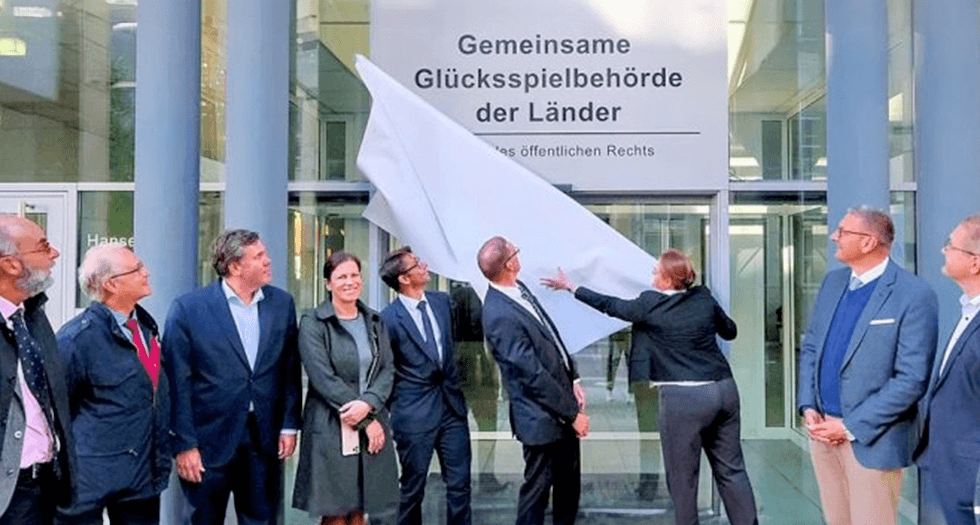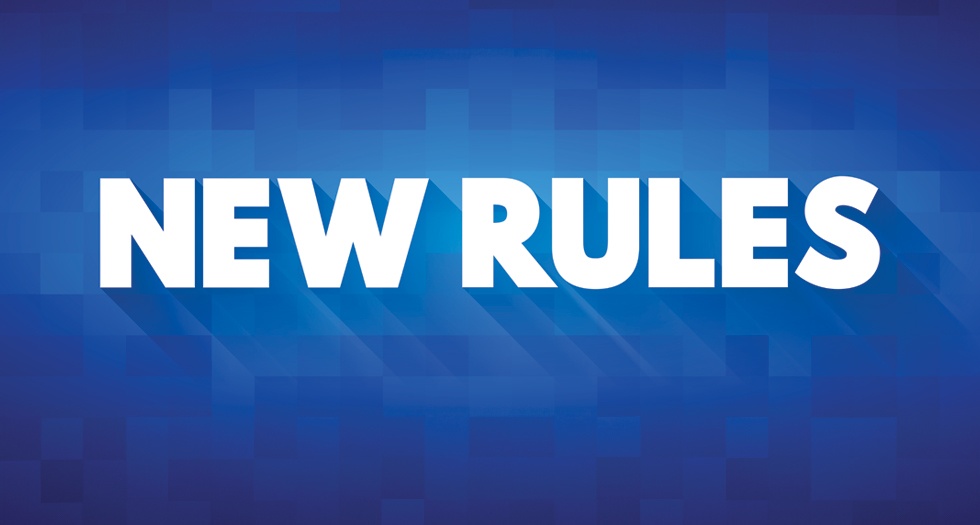Malta’s Bill-55 Sparks Controversy: GGL Challenges Its Compatibility with EU Laws
A legal storm is brewing in the iGaming realm as Gluecksspiel (GGL), the Federal Authority of German gambling, raises critical questions about the compatibility of Malta’s “Bill-55” with the intricate web of European Union laws. This debate has ignited a series of discussions, touching on the sovereignty of member states, cross-border operations, and the nuances of legal recognition.

The iGaming sector finds itself at the crossroads of a multifaceted legal debate, with Gluecksspiel (GGL) at the forefront of questioning the alignment of Malta’s “Bill-55” with the broader tapestry of European Union regulations. As the industry navigates this debate, implications for cross-border gambling and the harmonization of national and EU laws come into sharp focus.
The Anatomy of Bill-55
Signed into law by Malta President George Vella in June, Bill-55 has sparked intense deliberation among stakeholders in the iGaming community. This legislation empowers the courts of Malta to reject foreign judgments related to online gambling.
The intention behind the bill is to create a protective shield around Malta’s licensed operators, shielding them from enforcement actions under specific circumstances.
Unraveling the Debate
The introduction of Bill-55 has unleashed a wave of differing opinions, particularly among European regulators. German and Austrian gambling authorities have emerged as vocal critics, citing concerns that this bill undermines their authority to address potential infringements by operators licensed by the Malta Gambling Authority (MGA). This discord underscores the complexities of harmonizing gambling regulations across the EU.
A Precarious Balance
Bill-55’s enactment prompts a critical inquiry into whether it establishes a precedent that empowers national courts to defy the recognition and enforcement of foreign government actions or decisions related to gambling activities.
The German gambling authority, GGL, has voiced its reservations about the compatibility of Bill-55 with EU regulations governing the recognition of decisions.
Navigating Cross-Border Realities
In response to GGL’s stance, Malta stands resolute, asserting that its MGA licence enables companies headquartered in the country to offer services across EU borders based on the principle of free movement of goods and services.
The MGA contends that this principle encompasses the cross-border provision of betting and gaming products, despite the diverse landscape of gambling laws within the EU.
An Ambiguous Horizon
As this legal discourse unfolds, several critical questions remain unanswered. How will Bill-55 impact the operational integrity of gambling providers, both within civil and gaming law frameworks?
The intricacies of how operators’ actions and legal claims will be treated and evaluated under this bill’s provisions raise ambiguities that require careful examination.
Charting the Future
The clash between GGL and Malta over Bill-55 underscores the enduring challenge of harmonizing gambling laws within the EU’s intricate legal framework. With diverse perspectives and potentially far-reaching consequences for cross-border gambling operations, this debate holds the potential to shape the trajectory of the iGaming sector as it navigates the complex intersection of national sovereignty and EU integration.
As the iGaming industry remains engaged in this evolving debate, industry participants, regulators, and stakeholders alike stand at the threshold of a crucial juncture that could redefine the landscape of cross-border online gambling and influence the harmonization of laws within the EU.



